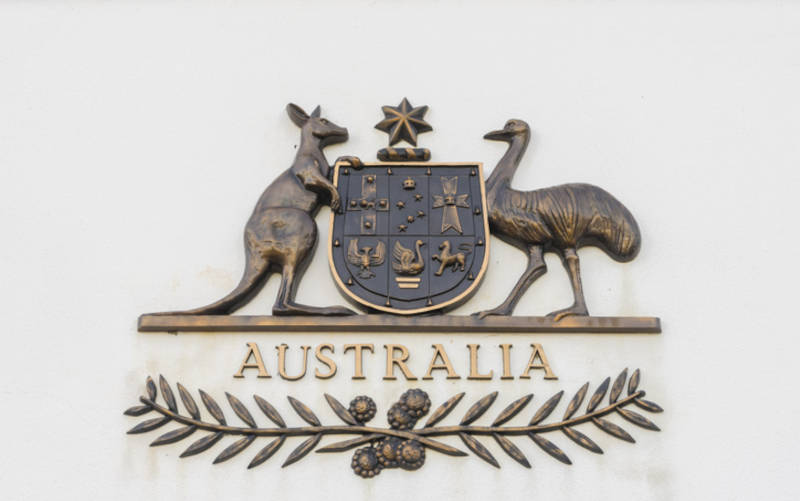The public service under Albanese Mark 2: The good news and the bad
June 16, 2025
The appointment of Steven Kennedy to PM&C and Jenny Wilkinson to Treasury is welcome news for several reasons.
These are two high-calibre career public servants whose integrity and commitment to public service values is unquestionable. Their appointment demonstrates, as I emphasised a week ago, the attitude of the prime minister and the government as a whole towards the public service. In this case, the attitude is clearly one of respect for public service professionalism and non-partisanship.
Kennedy was first appointed as a secretary under Malcolm Turnbull in 2017 (to Infrastructure, Cities and Regional Development), and as Treasury secretary under Scott Morrison in 2019. Albanese extended that appointment last year. Kennedy once worked as an economic adviser to Kevin Rudd, but that should not be mistaken as any indication of partisanship.
Kennedy has clearly been seen by his peers as a central leader of the APS. While arguably more suited to Treasury than PM&C, his background is much broader than just economics. He originally trained as a nurse, joined the APS as a Stats cadet (a most propitious start I can vouch for personally), and has worked at senior levels on climate change, the environment, industry policy, infrastructure and social policy.
Wilkinson has only a slightly narrower career history, one that will be welcomed in Treasury and among Treasury’s many stakeholders. She began in the Reserve Bank before moving to the APS where she first worked on climate change and industry policy. She became a deputy in Treasury in 2015 before being appointed as Parliamentary Budget Officer in 2017. She rejoined Treasury in 2021, gaining a Public Service Medal for her work on the fiscal response to COVID-19, and was appointed secretary of Finance in 2022. Her record, like Kennedy’s, demonstrates confidence earned from across the political divide.
I got to know Wilkinson when she first joined Treasury and was responsible for retirement incomes policy advice. That is another reason why her appointment is welcome: back then, she made clear her desire to see reforms which would help retirees convert their superannuation savings into incomes that addressed the market, inflation and longevity risks they face. That remains the most important priority for superannuation reform today.
Both Kennedy and Wilkinson are well positioned to offer the prime minister and Cabinet policy advice that is impartial and in the long-term public interest, and to help co-ordinate the implementation of the government’s agenda.
They are also committed to nurturing the capability of the APS itself, and should encourage the Secretaries Board and the APS Commissioner to press further on this important agenda.
Some less good news
While these appointments are good news for the APS (and the Australian public), the Albanese Government’s second term has not begun entirely on the right foot to get the best value from the APS, despite the rhetoric in the prime minister’s speech at the Press Club.
The machinery of government and (MOG) ministerial changes seem to focus more on how to manage the politics of a huge majority than on aligning ministers to departments and their secretaries (their “senior official policy advisers” under the PS Act) so as to enhance evidence-informed policy-making and effective policy implementation.
Ten departments have two or more Cabinet ministers (DFAT and Infrastructure, Transport, Regional Development, Communications, Sport and the Arts have four each and Treasury three), and six Cabinet ministers have responsibility across two or more departments.
Many assistant ministers also have cross-department responsibilities. This, like Morrison’s MOG, is not a recipe for building close relationships between ministers and secretaries, or between ministers and the APS, but pays more attention to the goings-on in Parliament House. It presents a formidable challenge for many secretaries.
It contrasts sharply with the Hawke Government’s approach when introducing the portfolio department arrangements in 1987 – one Cabinet minister for each department (DFAT being the only exception) and assistant ministers each with specific responsibilities within the one portfolio.
The other disappointment is the lack of a clear agenda for further APS reform. In late 2023, Katy Gallagher committed to further reform including to secretary appointment and termination processes and to the role and appointment of the APS Commissioner. These were notably absent in her 2024 statement on APS reform, and in the APS Commission’s earlier discussion paper.
I can only hope that Kennedy, with support from Wilkinson as well as de Brouwer, will have another go at persuading the Albanese Government that such reform is necessary, as the Robodebt Royal Commission made clear in its explicit endorsement of the relevant Thodey Report recommendations. An opportunity might arise when the APSC releases responses to its disappointing discussion paper.
Perhaps the Albanese Government would be willing to consider some modifications to those recommendations that would still address the basic problem of incentives which can encourage excessive responsiveness and discourage frank and fearless advice. Of course, the prime minister should have the final say on secretary appointments, and ministers must be consulted, but there is room for firmer merit-based advice. It is also important to give better protection against unjustified terminations and to require every reasonable step to be taken to redeploy displaced secretaries and to find suitable new positions when terms of appointment are completed.
Such processes were in place under the Hawke Government’s 1984 reforms and they worked, achieving an appropriate balance between responsiveness and independence.
Republished from THE MANDARIN, June 13, 2025
The views expressed in this article may or may not reflect those of Pearls and Irritations.


